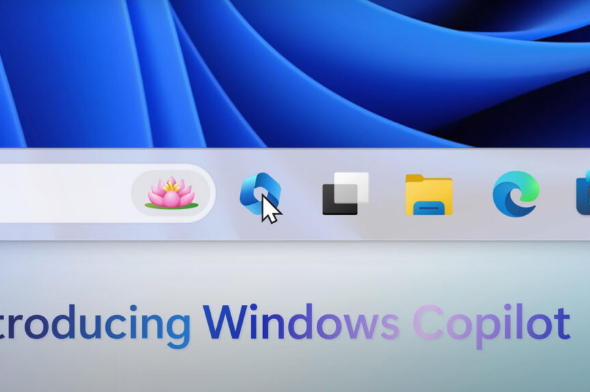Connection to DriversCloud Create a DriversCloud.com account Reset your DriversCloud.com password Account migration
Microsoft prepares to retire Windows 10/11's personal voice assistant, Cortana
Were you disabling Cortana as soon as you installed a new Windows 10/11 workstation? Microsoft is going to make your life easier... well, maybe.
First launched on Windows Phone and rapidly deployed on Windows 10 and now Windows 11, Cortana hasn't been getting much press. The application is none other than the intelligent, voice-driven personal assistant that Microsoft has integrated into its operating systems in order to offer as solid a response as possible to its main competitors and, in particular, Apple's Siri - but also to a lesser extent Amazon's Alexa and even Google Assistant released a little later. As soon as it was launched, Cortana raised a few eyebrows, as Windows regulars found the application completely useless, while assistant enthusiasts felt it was either not practical enough, efficient enough, high-performance enough...
As you may have noticed, we're talking about Cortana in the past tense, because as the American website The Verge explains, Microsoft has decided to put its assistant on the shelf. In January 2020, it was first the Cortana mobile app that was withdrawn from certain markets, and on March 31, 2021, it was stopped everywhere in the world. The second stage of this major upheaval came on June 2, when Microsoft announced that support for the standalone Cortana application would cease at the end of 2023. Microsoft then added a small comment that gave a first clear indication of the publisher's ambition: it indicated that Cortana would be replaced by Windows Copilot and Bing Chat AI.
Indeed, it would seem that Cortana's retirement has more to do with the tool's failure to adapt to the new realities of the moment than with a real change of direction on Microsoft's part. The company still believes very strongly in its intelligent personal assistants. In fact, the opposite would have been surprising at a time when these tools are more popular than ever, and when all the talk in the IT world is about artificial intelligence.
Indeed, Microsoft is planning to completely replace Cortana with the Copilot application, which is due to be rolled out across the entire Microsoft software environment. Copilot is a more modern tool that Microsoft wants to be more responsive, more powerful and, above all, more versatile than the one it replaces. To achieve this, Microsoft is relying on the very popular ChatGPT designed by OpenAI, a company in which Microsoft has invested heavily. Like Cortana, Copilot will also be accessible from the Windows taskbar, and will have its own sidebar, enabling it to integrate more closely with the rest of the system.
Thanks to this sidebar, Copilot can be accessed from all applications, programs and windows. In particular, it will make a welcome return to the Office 365 suite, bringing back "excellent" memories of the famous Clippy. The aim here is to revolutionize the way we work, as well as completely overhauling our perception of online search. Of course, it will be possible to ask questions directly to Copilot, which will also provide access to all that is known as generative AI. Finally, Microsoft promises that Copilot will revolutionize the way we use copy/paste and even screen capture. We shouldn't have to wait much longer to find out.






